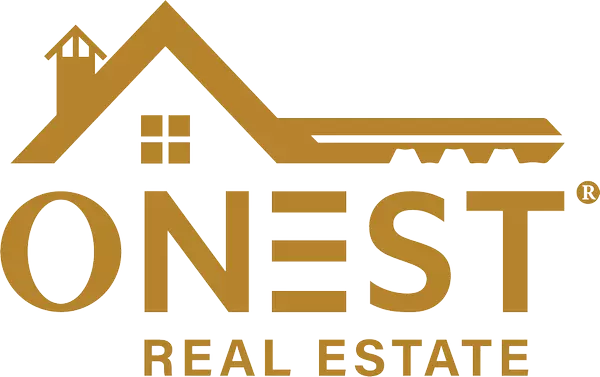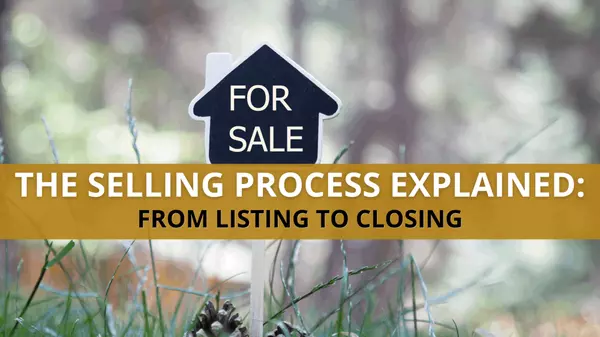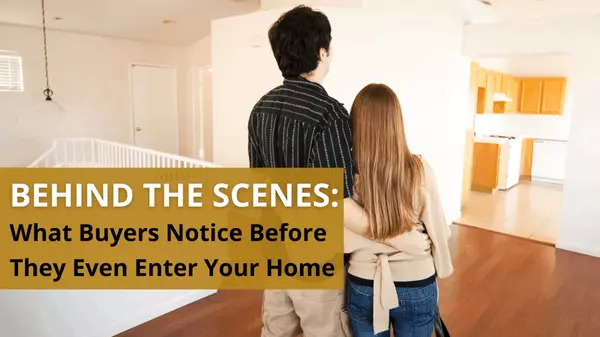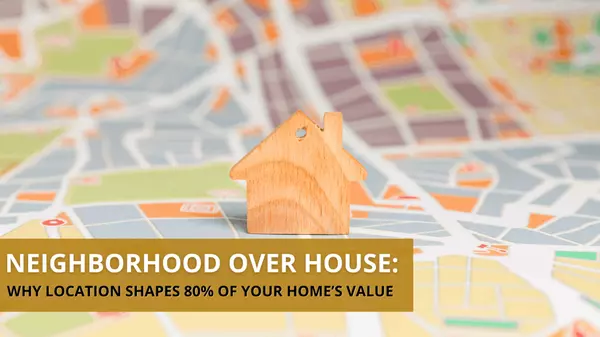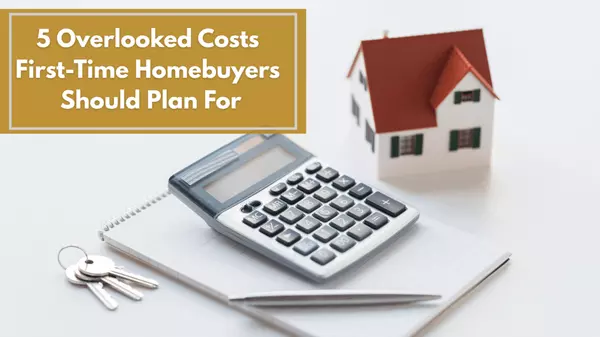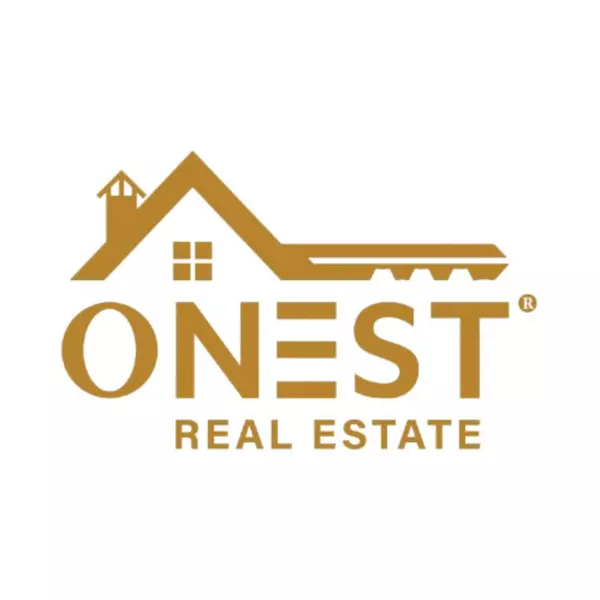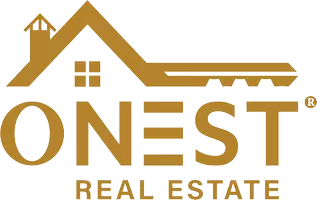Neighborhood Checklists: 7 Signs You’ve Found the Right Community
Buying a home isn’t only about square footage or countertop finishes—it’s about choosing a place where you’ll truly enjoy living day after day. In fact, recent buyer surveys show that “quality of the neighborhood” usually outranks every other factor in a purchase decision. Use the checklist below to spot a community that feels right on move-in day and builds long-term value.
1. Pride of Ownership Is Everywhere
A quick drive or walk can tell you volumes. Well-kept lawns, fresh paint, repaired fences, and vibrant storefronts signal neighbors who invest in their surroundings.
Quick checks
-
Few (or no) vacant, boarded-up homes
-
Trash cans set out neatly on collection day, not overflowing
-
A friendly chat with a postal worker—they often know which properties get consistent care
Homes on tidy blocks have been shown to appreciate faster than those surrounded by neglected properties, so this is a simple yet powerful test.
2. Daily Conveniences Sit Within a 15-Minute Bubble
Buyers today favor shorter commutes and quick access to essentials.
Checklist
-
Grocery store, pharmacy, and coffee shop reachable in 15 minutes
-
Parks, playgrounds, or greenways within a short walk or bike ride
-
Emergency care, veterinary services, and a major highway under a 20-minute drive
3. Solid Transit & Walkability Options
Even if you plan to drive everywhere right now, robust transit keeps resale options wide and cuts traffic headaches.
Pro tip: Aim for a Walk Score of 60+ or look for neighborhoods served by at least two bus routes or a commuter rail line.
4. Top-Tier (or Rapidly Improving) Schools—Yes, Even if You Don’t Have Kids
Strong districts stabilize property values in down markets, and buyers with families will pay a premium for good ratings.
Checklist questions
-
Are test scores trending upward year over year?
-
Do school buses run through your street (adds convenience and desirability)?
-
Is there an active PTO or school-community partnership?
5. Low Crime & Active Community Networks
Crime rates can drag down home prices and quality of life, so do some homework.
Quick checks
-
Review local police blotters or crime-mapping apps for trends, not isolated events
-
Look for neighborhood-watch signs and a calendar of community-center events
-
Visit the area after dark to gauge street lighting and general activity
6. Clear—and Positive—Development Pipeline
Future growth can be a blessing—or a headache—depending on what’s coming.
What to verify
-
City or county master plan for upcoming parks, transit extensions, or mixed-use hubs
-
Zoning changes that could add heavy traffic or industrial sites next door
-
Presence of infrastructure upgrades like fiber-optic internet, new sidewalks, or bike lanes
7. Healthy Resale Signals
Even if you envision living there forever, life happens. A neighborhood with strong resale indicators protects your investment.
Resale indicators
-
Days-on-market averages holding steady or falling over the past few years
-
A mix of home styles and price points to attract diverse future buyers
-
Local job growth keeping pace with—ideally outpacing—the national average
Final Walk-Through
Print this checklist and rate each sign on a scale of 1–5 during neighborhood tours. Score 30 points or more? Congratulations—you’ve likely found the right community.
Categories
Recent Posts
